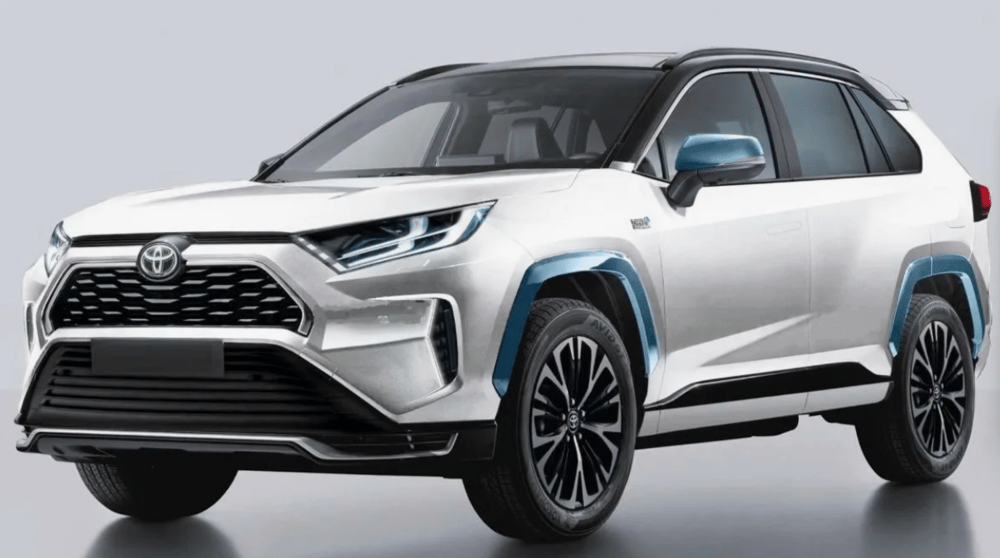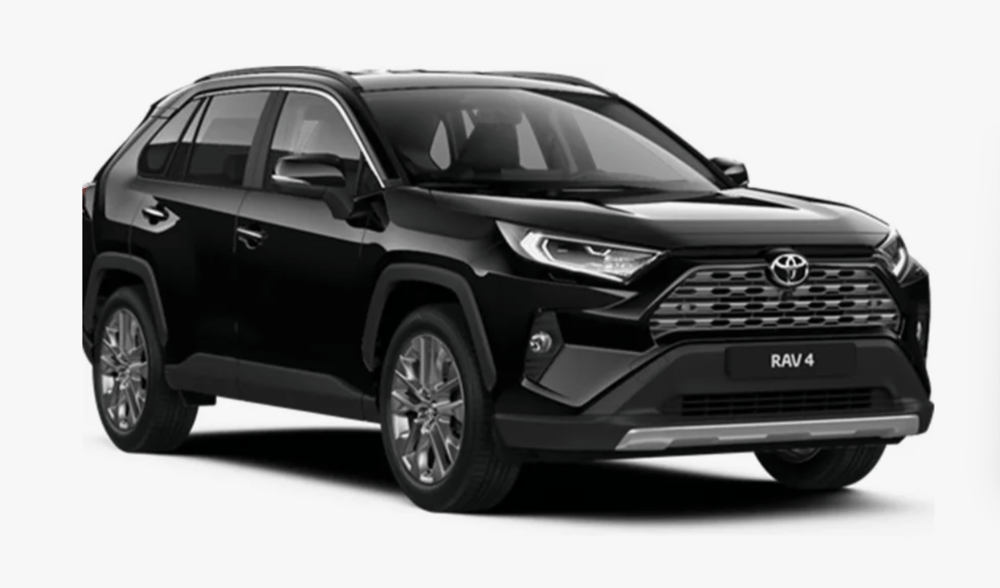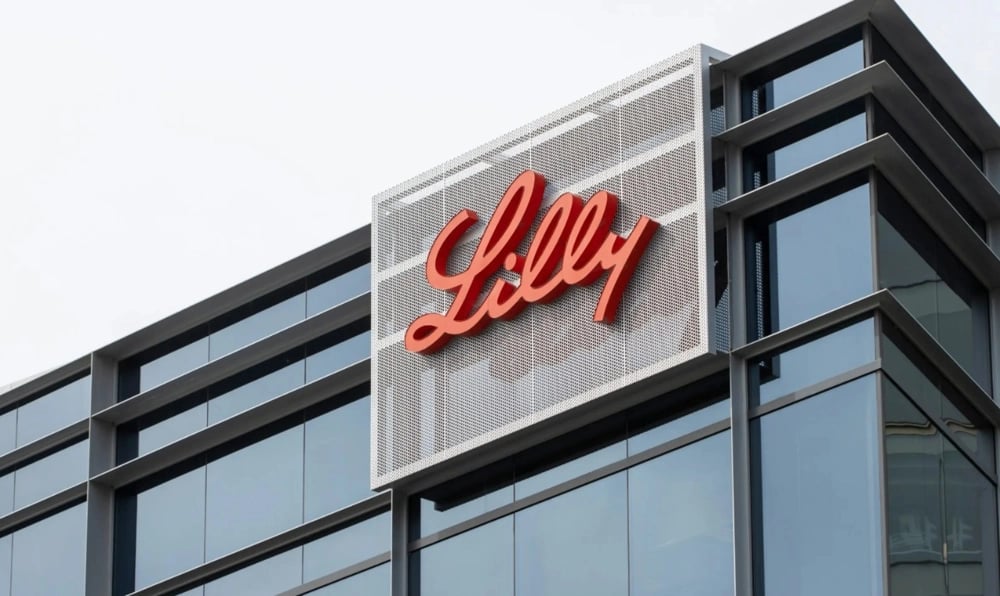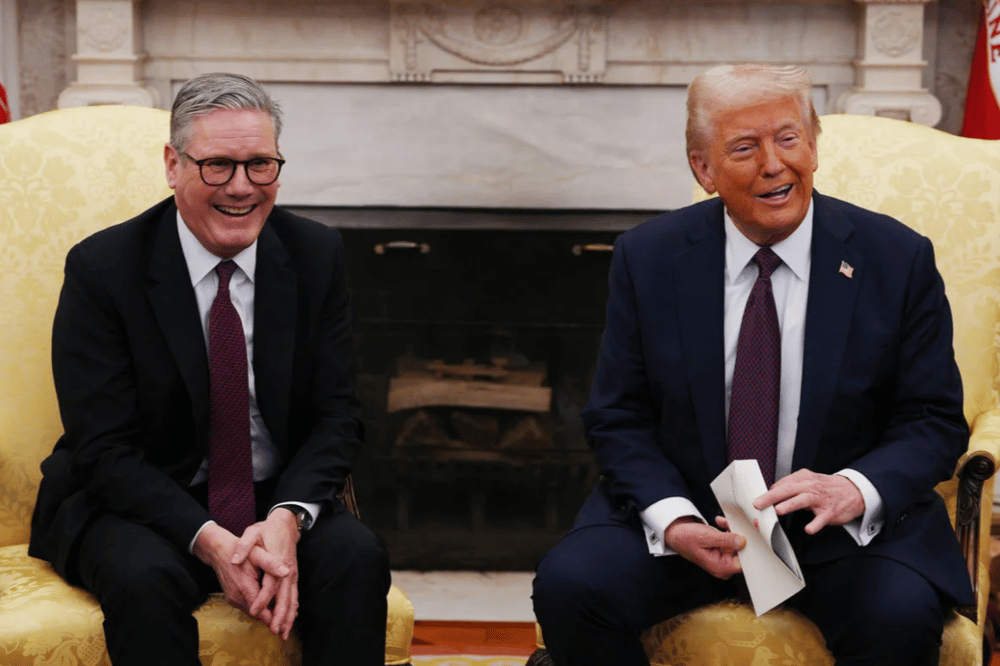Toyota Rethinks its Game Plan: New RAV4 May Roll Off American Assembly Lines
Toyota $7203.T is revisiting its manufacturing strategy for the wildly popular RAV4 SUV, reflecting broader shifts in global supply chains. The Japanese automotive giant is now considering localizing production of the next-generation RAV4 in the United States—a move designed to offset the risks stemming from US auto import tariffs and currency fluctuations.
Market Demand Meets Production Geography
Currently, Toyota manufactures the RAV4 in Kentucky, Canada, and Japan. The company had initially planned to export the upcoming model to the US from its Canadian and Japanese facilities. However, internal projections suggest demand for the new-generation SUV may outstrip supply if they stick to this model. This upside in demand has made a compelling case for expanding production in Kentucky, enabling Toyota to respond more nimbly to market dynamics.
Building the RAV4 in the US carries economic benefits beyond logistics: it allows Toyota to avoid the steep 25% import tariffs imposed by the US government. Additionally, local production helps insulate the company from the cost uncertainties that can arise from a volatile yen, providing further financial stability in Toyota's most important export market.
Key Drivers Behind the Strategic Update
1. Increased US automobile import tariffs have put pressure on foreign automakers.
2. Robust demand projections for the new RAV4 suggest potential shortfalls under the original supply structure.
3. Exchange rate fluctuations are becoming a critical element for manufacturers with global operations.
4. Local production gives Toyota added agility in responding to rapidly shifting market conditions.

Toyota’s Strategic Advantages of Shifting Production
- Reduced exposure to external risk factors
- Improved supply chain flexibility
- Less vulnerability to currency swings
- Faster response to US market impulses—one of the world’s largest automotive markets
- Enhanced brand profile among American consumers
Looking Ahead: What the Next RAV4 Means for Toyota’s Future
Toyota is gearing up to introduce the refreshed RAV4 later this year—the first major update to the current generation since 2019. While the exact US launch date remains undisclosed, industry analysts believe that the move to manufacture in Kentucky will strengthen Toyota’s hand in the highly competitive crossover and SUV sector. The shift illustrates an industry-wide trend: global automakers increasingly localize production to remain competitive amid evolving economic and geopolitical shifts.















Comments